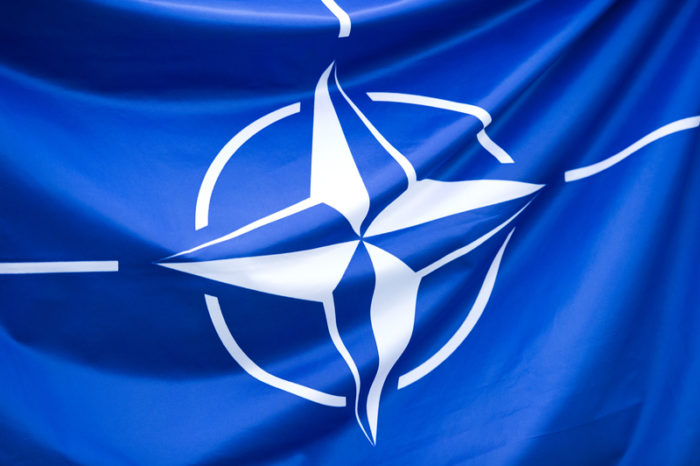
In 1949 the North Atlantic Treaty Organization (NATO) was formed to defend democratic countries in Europe from Soviet aggression. All twelve of the initial NATO members, including the United States, were democracies, and they all agreed to the five membership principles: 1) to uphold democracy, including tolerating diversity; 2) to have or to progress toward a market economy; 3) to have a military that is firmly under civilian control; 4) to respect the sovereignty of other countries; 5) to come to the aid of any NATO member that is militarily attacked.
Now, in 2022, 73 years after its founding, NATO has 30 member countries. According to Freedom House, the nonpartisan organization that tracks global democracy, 25 of the 30 countries are ‘free’- complete democracies. Four countries are classified as ‘partly-free’, either moving toward or away from democracy. One NATO member, Turkey, is classified as ‘not free’; a dictatorship. As NATO has grown it has done a reasonably good, but not completely consistent job of living up to its membership principles. This inconsistency has now become a major problem for NATO.
Defending democracy is still NATO’s main mission. It is difficult to completely fulfill that mission if some member countries are either dictatorships or moving away from democracy, especially since each member has veto power over the application of potential new member countries. In its history no member of NATO has ever been expelled from the organization. Perhaps it is time to reconsider that option.
Expulsion would be timely now because Turkey and Hungary (moving away from democracy) are blocking Finland and Sweden’s entry into NATO. Both Finland and Sweden have been fully democratic for decades, and the entry of both countries into NATO would greatly strengthen the organization. Why is this a problem now? Because Putin is right about one thing: NATO is currently at war with Russia. No, the war has not been officially declared, and no, there are no NATO boots on the ground, but Ukraine would likely have been conquered by Russia by now without NATO support. If and when the war expands NATO needs to be completely unified in opposition to Russian aggression. This means expelling Turkey and Hungary and admitting Finland and Sweden, and Ukraine.
Unfortunately the founding documents of NATO do not specifically delineate why a member country should be expelled. However violating any of the five guiding principles mentioned above is a reason for expulsion. Turkey and Hungary are clearly in violation of the first principle. An alternative to expulsion would be to eliminate the rule of a complete consensus vote for admitting new members. If this rule was changed from consensus to majority then Turkey’s and Hungary’s opposition to Finland and Sweden would not prevent their admission.
The expulsion or admission vote change options have long term as well as immediate implications. Since 1939 the clearest theme underlying international conflicts is the ongoing struggle between democracy and autocracy. It doesn’t matter whether autocratic regimes are called communist, fascist, monarchial or theocratic; they are all anti-democratic. Given the current decline of global democracy the presence of NATO as the only viable democratic military alliance in the world is perhaps more important now than it was in 1949. There is no other multi-national organization that can protect democracies from autocratic aggression.
Additionally in the 21st Century NATO’s missions have expanded beyond Europe. NATO forces have been involved in Afghanistan, the Middle East and in Africa. Essentially NATO is becoming a global pro-democracy military alliance, superseding the military ineffectiveness of the United Nations. Given this NATO should admit stable democracies beyond Europe and North America; democracies such as Australia, Japan, New Zealand, South Africa, South Korea and Taiwan. Autocratic regimes, regardless of their particular anti-democratic ideology (Russia, Belarus, China, Iran, Syria, North Korea) are forming a de facto alliance of mutual support. Democracies urgently need to create a united front against the growing autocratic threat.
Photo 41267138 © Julius Kielaitis | Dreamstime.com
















